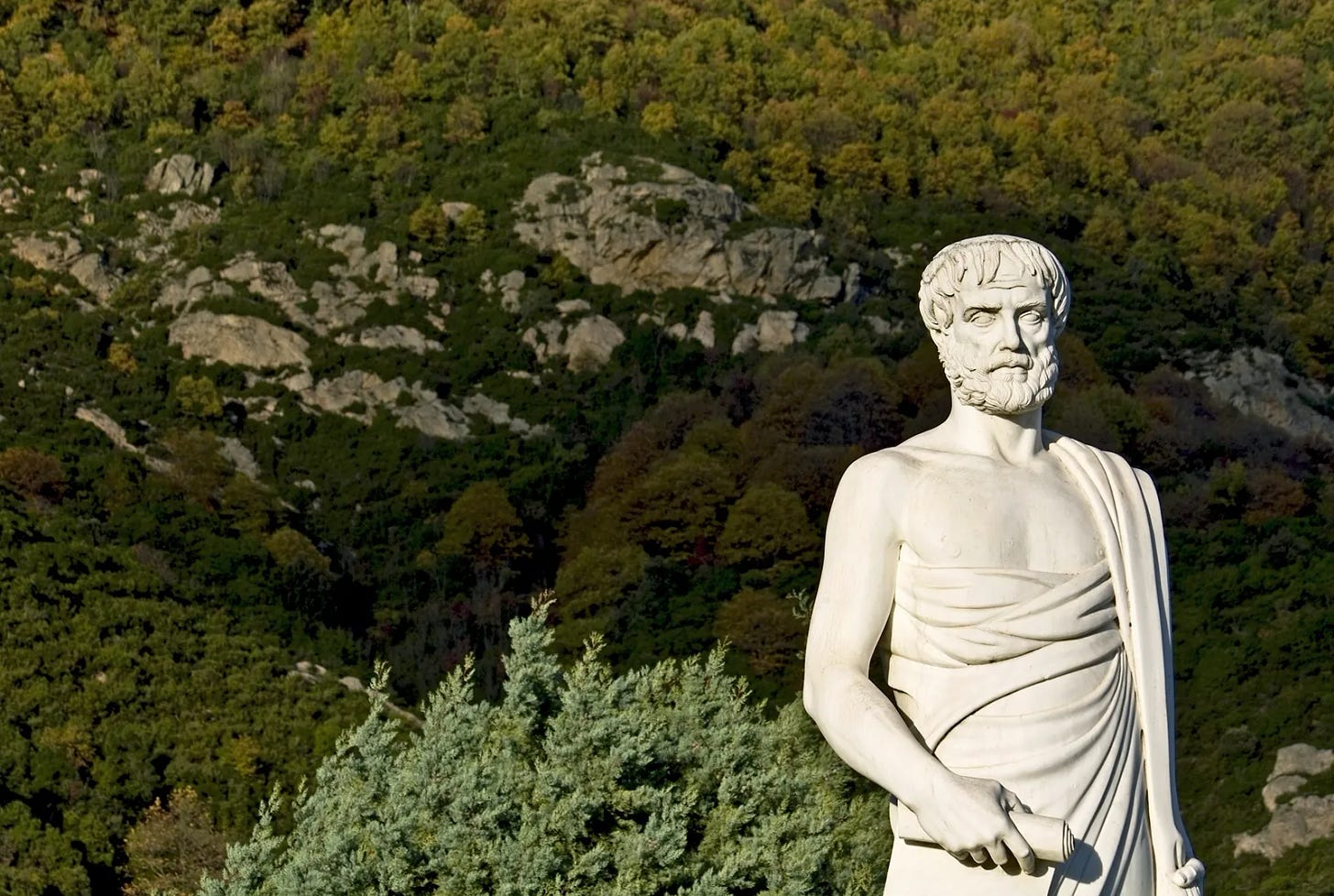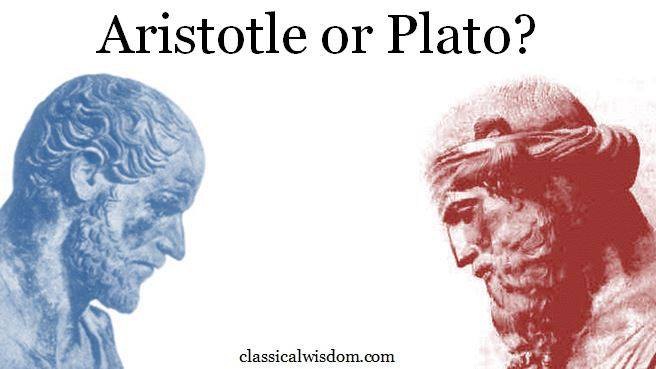
Dear Classical Wisdom Reader,
With Politics there is a lot of NOISE.
A plethora of empty talking heads, partisan swipes, snarky comments and catty quips. There’s a lot of ‘he said’ ‘she said’, reactive emotions and contradictory ‘fact’ checkers on both sides. It’s a wall of rhetoric, misinformation, platitudes, tired tropes and unthinking stock phrases - it’s just the kind of vacant discourse that the political theorist Hannah Arendt warned against...
It’s exhausting almost immediately... resulting in the overwhelming desire to turn off all screens, fill a hot bath and immerse oneself in a great book.
I know because... well... if you were to look for me last night, that’s exactly where you would have found me.
However that also might come off as Ostrich-with-its-head-in-the-sand sort of approach... and while I assure you that my book was much better than sand, it still doesn’t mean we should eschew politics all together.
In the words of the famed Athenian statesmen, Pericles:
“We do not say that a man who takes no interest in public affairs is a man who minds his own business. We say he has no business being here at all.”
But what are we to do? How can we cut through the distractions to understand the situation? How can we be political without being politicized? To wade into ‘the business’ with clear heads and reasoned thoughts?
Here no doubt the Stoics would chime that a greater perspective would be our alley, the ability to step back and look at the big picture, see the forest from the trees.
So today, dear member, we will do just that. We will journey back thousands of years to discuss one of the greatest political texts of all time... Aristotle’s Politics.
In the opening words of today’s article:
“No mere political treatise, it is an examination of the origin of society, the meaning of political justice, the fundamental elements of the state, and the responsibilities of the ruling class to the citizens and vice versa.”
What better way to try to understand our modern politics, than to inquire into the nature of politics itself?
Let us together, leave the cacophony of current events, and delve into the sublime of philosophical discourse and discover four important lessons from Aristotle’s great work, below.
Classical Wisdom Members: Please enjoy the original text, Aristotle’s Politics, in our Classical Wisdom Society Ebook Library, exclusive for members such as yourself.
I have put our edition of Aristotle’s Politics, which features a foreword by the economist Pierre Lemieux and an introduction by Van Bryan, below today’s article for direct access.
Also, I’ll have a very important Member’s Update for you going out tomorrow, so please check your inbox!
If you are not a member, and would like to address this travesty to enjoy our resources, including today’s important political insights as well as some of our exciting upcoming events, you can do so here:
Now... What does Aristotle say about private property and the middle class... and do you agree?
All the best,
Anya Leonard
Founder and Director
Classical Wisdom
Four Important Lessons from Aristotle’s “The Politics”
By Van Bryan
Viewed as a whole, Politics is a rather intimidating piece of work. No mere political treatise, it is an examination of the origin of society, the meaning of political justice, the fundamental elements of the state, and the responsibilities of the ruling class to the citizens and vice versa.
Politics, when you get right down to it, aims at uncovering “the ideal state”. The more astute of you may already have realized that this was also, more or less, the goal of Plato’s magnum opus, The Republic.
However, while Plato devoted much of his time in Republic to establishing the credibility of an unseen realm of forms, Aristotle instead focuses on that which is empirical, observable, and makes use of the numerous forms of political systems that were practiced during the age, discussing their strengths while uncovering their blunders.
The result is a piece of philosophical literature that does occasionally focus on the theoretical and the hypothetical, but also gives us practical and applicable advice when it comes to living in a political society.
As it turns out, there is a number of lessons found within Politics that we might do well to listen to. For instance, did you know that…
The Importance of Private Property and Self-interestedness
The first lesson comes to us when Aristotle actually critiques the ideas that his mentor laid out in the Republic. For in Plato’s work, the philosopher argues that the state should be happiest if the citizens are as unified as possible…
Más info en https://ift.tt/695mla3 / Tfno. & WA 607725547 Centro MENADEL (Frasco Martín) Psicología Clínica y Tradicional en Mijas. #Menadel #Psicología #Clínica #Tradicional #MijasPueblo
*No suscribimos necesariamente las opiniones o artículos aquí compartidos. No todo es lo que parece.




No hay comentarios:
Publicar un comentario